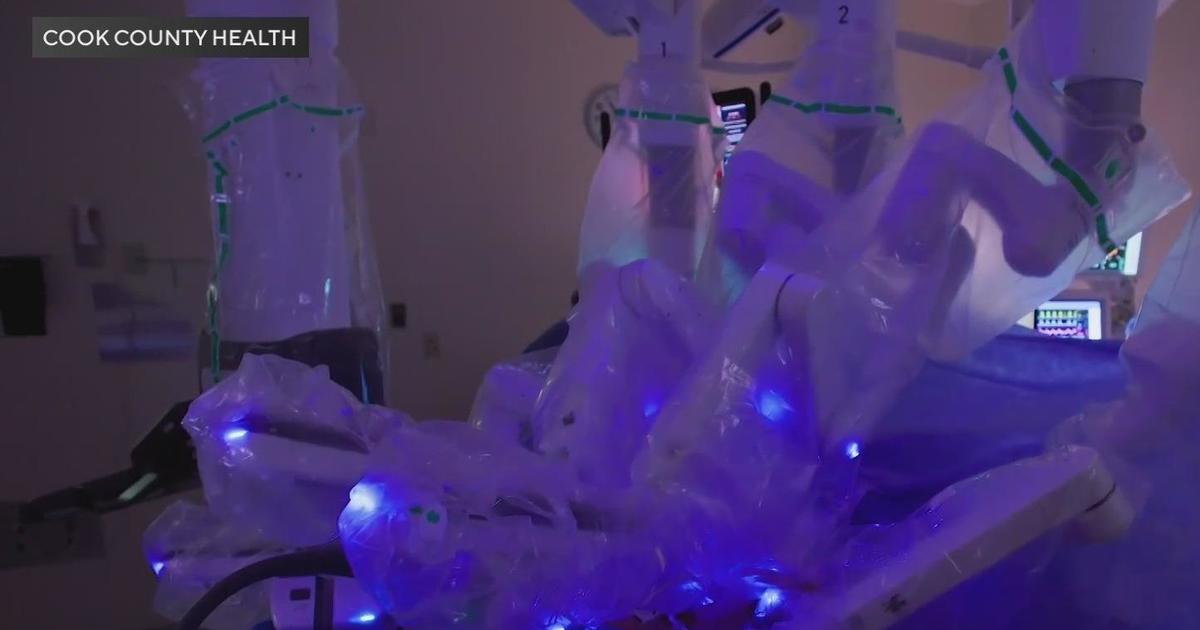Reporting A Work Injury
Content Provided by Horwitz Horwitz & Associates
By Dave Starshak--
When we meet with prospective clients, we're often asked, "My boss said that I don't have a workers' compensation case because I didn't tell him within 24 hours. Do I have a case?" This all-to-common question reveals a tragic misunderstanding of Illinois law, one that prevents people from exercising their rights and getting the medical care and compensation that they often desperately need.
The Illinois Workers' Compensation Act states that, if you suffer a workplace injury, you must give notice to your employer "as soon as practicable, but not later than 45 days after the accident." When you give notice to your employer you must also, if known, give the approximate date and location of your accident.
There are some legal exceptions to this 45-day notice rule — for example, the time period is different if you are under a "legal disability" or if your injury was due to exposure to radiological materials or equipment. Unless you contact a lawyer you may not know whether these exceptions apply to your injury. The safest method is to tell your employer as soon as you are aware that you had a workplace injury, but not later than 45 days.
So how do you give legal "notice" to your employer? Unlike filing your taxes, Illinois' requirements for giving notice to your employer about work injuries are very loosely applied. Notice to your employer can be verbal or written. Notice does not even have to come directly from you; courts have held that notice from another person, such as your spouse, can satisfy this requirement. Crow's Hybrid Corn Company v. Industrial Commission, 72 Ill.2d 168 (Ill. 1978). Finally, even if you give your employer legally defective or insufficient notice, you may still be able to proceed with, and win, your workers' compensation claim. If you give defective or insufficient notice, your employer must prove that it was "unduly prejudiced" before a judge will bar your claim.
If your employer has "actual knowledge" of your work injury, then it likely has legal notice of your injury. An employer may have "actual knowledge" of your injury if you were injured at work and the employer called ambulance. In this situation your employer's actual knowledge of your injury should satisfy the law's "notice" requirement. A caveat: just because your employer knows that you are hurt does not automatically mean you have given proper notice. In one case, an employee hurt his foot on Friday and went to the hospital on Monday. His wife called her husband's boss, but only told him that her husband was in the hospital and wanted to discuss some business. The employer did not learn about the work injury until well after the 45-day time limit. As a result, the claim was denied. Fenix & Scisson Construction Co. v. Industrial Commission, 27 Ill.2d 354 (1963). The lesson: always inform your employer of a work injury.
If you suffer a work injury, you should inform your employer as soon as possible. Although Illinois provides a lot of legal "wiggle room" for reporting injuries, failing to report an injury is an absolute block to winning a workers' compensation claim. Every case is different and just giving your employer proper notice of an injury does not automatically guarantee that you will win your workers' compensation case. If you believe that you have suffered a work injury, you should inform your employer as soon as possible and contact an attorney to discuss your rights.
To learn more, visit horwitzlaw.com.
Dave Starshak is an associate attorney with the firm of Horwitz, Horwitz & Associates, Ltd., with offices in Chicago and Joliet. Since 2014, Mr. Starshak has represented injured workers at the Illinois Workers' Compensation Commission. Mr. Starshak frequently speaks on workers' compensation issues to labor organizations, consumer groups, and at legal organization seminars. Mr. Starshak can be reached by phone at 312-372-8822.



